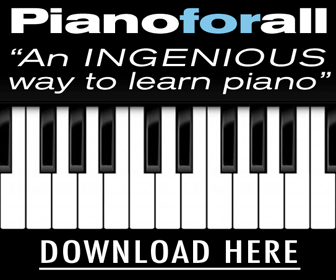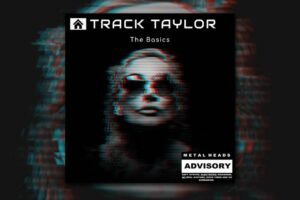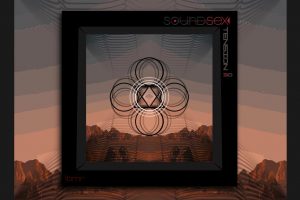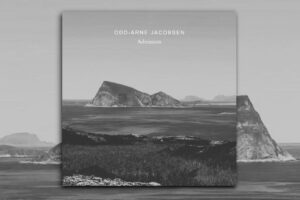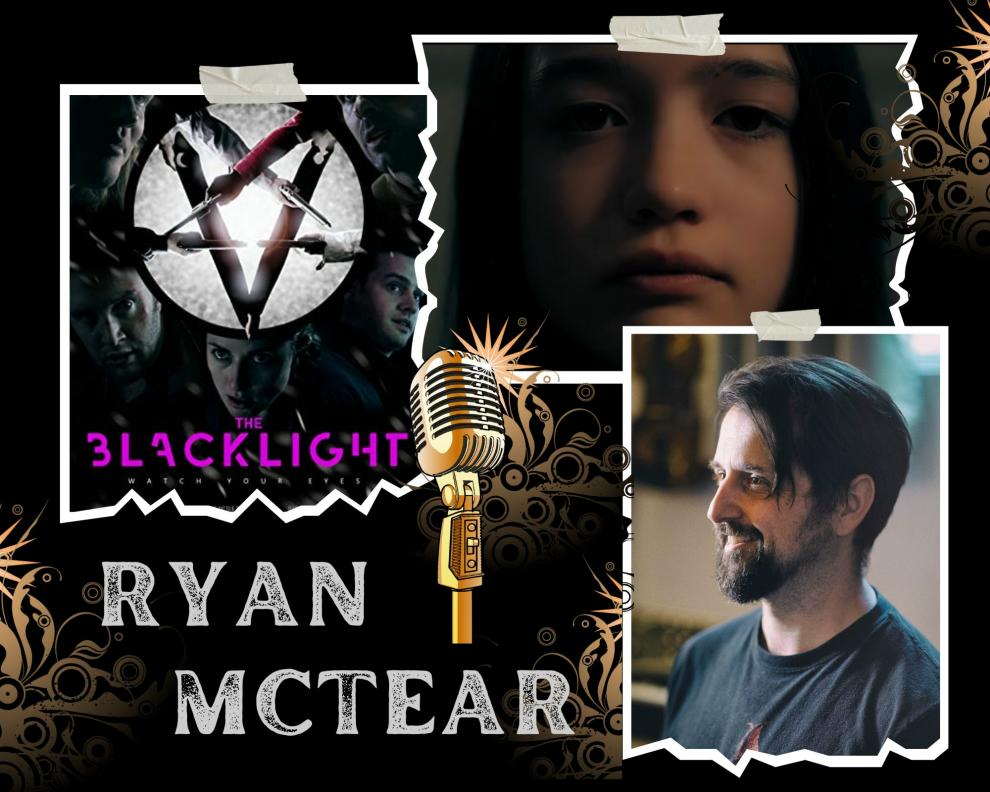
Today, at Planet Singer, we have the great pleasure of entering Ryan McTear’s world with an exclusive interview!
Hi Ryan, and thank you for being here with us today! Your work on the soundtracks of “Dead Till Death,” “Get Lucky,” and the latest “The Blacklight” is incredible, showing how important a film’s musical accompaniment is by giving that extra soul to each scene. We are curious to know more about your artistic journey so let’s start from the very beginning! When did you discover your passion for music?
I come from a large family that loved music. We were Seven kids (of which I’m the sixth). There was always music in the house. Between my parents and older siblings, there was a pretty broad range of genres being played. My parents had a big classical LP collection but loved all kinds of music. My dad had a love of Irish music as well as Puccini, Joe Cocker, Jim Croce, and Beethoven. He loved to sing along with Puccini in absolute nonsense Italian. It was wonderful. He had a great voice even though he never pursued music in adulthood. My mom plays the piano. I have fond memories of my dad singing songs like Bridge over Troubled Waters while she played the piano at family gatherings. To this day if any of us are at her house, she tries to get us all to play music together.
Tell us more about your latest work on “The Blacklight.”
The movie was amazing to work on. It has it all. Comedy, action, drama all wrapped up with dark magic and playing on all the classic cautionary tales of greed and its ability to undo us all. Without giving too much away, the movie is about an ancient object basically from something like hell that is pure evil and gives the wearer invincibility and immortality. The object is being fought over by some pretty horrible people. As a composer, these kinds of things are great because they demand the full spectrum of musical power. Stylistically we needed to hit everything you’d expect from an action thriller, but we also needed some timeless elements which is why we actually opted to create our own baroque opera music for some scenes. The opera I wrote actually has words in Italian that are narrating the scene that they’re in. Now, we had no expectation that anyone would know this or understand the singer, if anything we realized that viewers would just assume that the music was from a real opera, but we thought it would be a cool secret touch. We also had some big orchestral music which we recorded with an orchestra in Budapest which was amazing. It was all a huge process, but we were very happy with the results.
Ad
Your process is extremely intriguing; like in “Dead Till Death,” you have full control of every sound you want to include, discovering new ways to produce them every time. When you are working on a scene, do you always know what sounds to use and how to obtain them?
For me, the soundtrack is a character in the movie. A character with a particular voice. With the director it’s important for me to figure out what that voice is before even starting the music. For “The Blacklight” the soundtrack needed to be dark with a lot of gravitas. We opted for a lot of classical orchestra, some synthesized sounds, and a bit of opera. Any time a scene came up to score and I had an idea for the music, it had to fit the palate that we created otherwise it would be like a character in the movie suddenly being different in a scene. It would be out of place. For most scenes, I’d have an idea of what I wanted to try. After trying I’d show it to Nick the director. If he liked it, great. If not, I may have to totally try something else because in the end the director is the boss, and it is their movie. There are times where neither he nor I were sure what to do and I just had to try things out. That can be terrifying, but it can also be a lot of fun because you can come up with something unexpected.
What piece of advice would you give to those young artists making their first steps into composing and the whole soundtrack spectrum?
Besides certain obvious things like you need to work hard and you need to really want because it’s an incredibly competitive field, I’d say you really need to learn to take creative criticism and not let it destroy you. I say this because no matter how good you are, most of the time you’re going to be getting notes which can range from small things like moments that need to be punctuated more to flat-out rejection of a particular piece you just made for a scene. In fact, I’d say it’s rare that a director has nothing to say about a piece and you must learn to live with that otherwise the job will be emotionally impossible. It’s hard and to be honest it almost always stings to get criticism BUT you can get over it and that’s essential because, in the end, the movie you are scoring isn’t actually your film. In fact, what you think really doesn’t matter that much. If the director doesn’t feel that his or her vision is being serviced then it needs to be changed. When I’m feeling crappy about a critique, sometimes I pick up a book I have which is a collection of negative reviews of the classical masters by their contemporary critics just to see that even Mozart or Beethoven got bad reviews sometimes. It sounds silly but it’s important to learn to bounce back from those things. Critiques can be right or wrong, but they are just opinions and at the end of the day the director’s job is to get their vision of the film realized. You can write the greatest piece ever but if it doesn’t fit the vision of the director then it isn’t right for the movie and you’ve got to fix it.
Do you feel writing songs for the music industry and composing for a movie’s soundtrack follow a different approach?
They are very different. I think that film music is one of the freest forms of music. You aren’t bound by form like a song, and you are also free to create a palate of sound and instruments that don’t fit into the song world so much which is way more bound by genre. Film music is great because it’s all about servicing the story and as long as you can do that you are free.
Ad
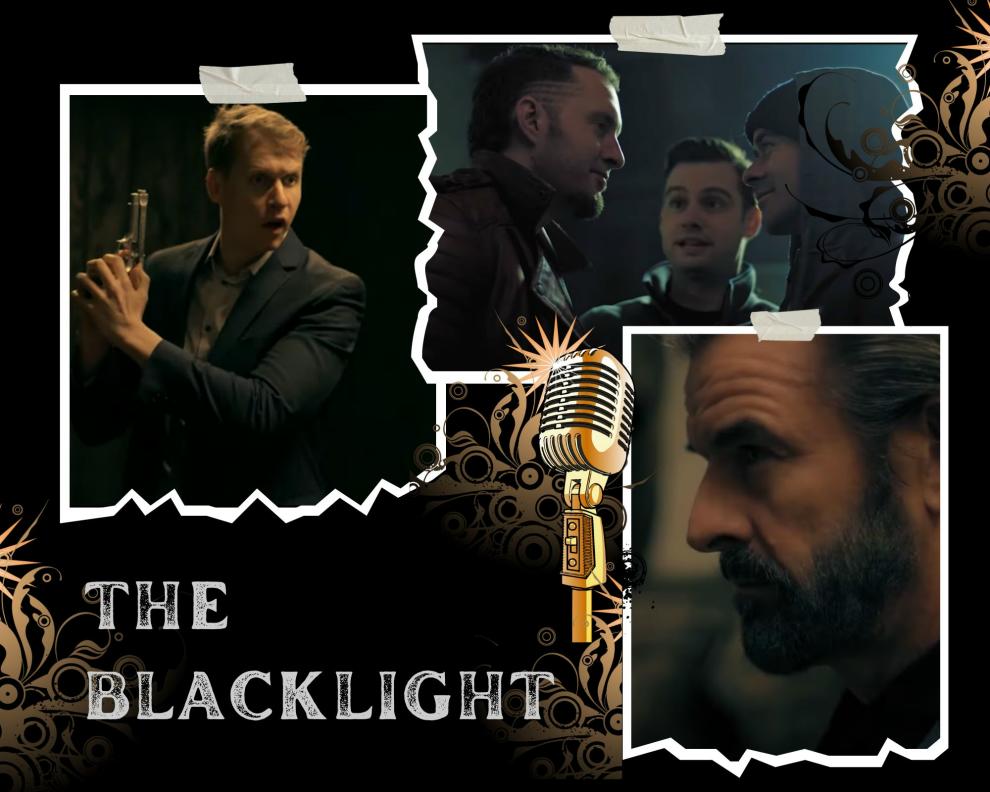
Can you reveal your creative process? How does your music come to life? Do you follow the script or reinvent and reinterpret the storyline of the movie your way?
I first have to read the script or see the film if it’s already been shot. Then it’s time to hear what the director has to say about the music they want. If they have very specific ideas, I grab a pen if they don’t it’s good to find out what they don’t want. Maybe they really don’t want orchestral music or maybe they hate the piano and don’t want any piano music in the score. After that, it’s time to just noodle around and start presenting concepts. For “Dead Till Death” they knew they wanted something that sounded terrifying and unmusical. I ended up presenting concepts to them which they liked and made it straight into the film. In fact, about half the music was already done before they even shot anything. For “The Blacklight”, Nick the director had a lot of classical music as references. Really excellent pieces that I loved. He had very clear ideas of what he liked and didn’t. It was all very intentional so there wasn’t a lot of room to totally reinterpret anything. I would say, generally speaking, that most directors I’ve met are pretty clear on what they’re trying to get across in a scene. If pressed I can think of very few examples where I’ve intentionally tried to do something different than I thought they were going for because I thought I had a better idea. It is also tricky because when people are communicating musical ideas verbally it’s almost all reinterpretation, anyway since everyone is using their own language to best describe what they’re thinking musically which might be totally different than what I’m thinking with the same words. It’s like, “the music needs to be dark and sad” …. When I think of dark and sad music in my head, it’s almost certainly different than what you think in your head.
What kind of music do you listen to for pleasure?
I like a lot of genres of music. There are many different subgenres of classical music that are fascinating. Most recently of delved into the works of early music (pre-1600) which was unknown to me before and I’ve been blown away. Composers like Monteverdi, Byrd, Dowland..etc. I’d always dismissed it as old and just primitive classical music but the more I’ve explored the more I’ve been impressed with how modern and relatable it is in a lot of ways. There’s something about the scaled-down size of it that I think puts you more in the mind of the composer. It’s impressed me so much that I started playing the viola da gamba or bass viol which is a 6 or 7 stringed fretted instrument that is bowed and resembles a cello a bit that was a huge instrument into the renaissance and baroque era. All that said, I also love punk rock and heavy metal. I think if Beethoven were alive today he’d appreciate Slayer.
First was Ennio Morricone, then Hans Zimmer, to name a few; every Cinema Era seems to have its soundtrack rockstars. What are your favorite composers?
Well, you said Ennio Morricone and I love his music. It is so unique and free. He somehow managed to write music in so many genres that is all unmistakably him. I think people will still listen to his music centuries from now. There are so many great contemporary composers too. I think Hildur Guonadottir is amazing. Her scores are so great. I’m so inspired by her. I don’t know what it is about Iceland but they do something right when it comes to creating musicians.
What are your plans for the future?
My plans are to keep on making music. As much of a bad idea as being a professional musician seems, I just can’t stop myself. I think for those of us compelled to spend our lives being creative we have little choice but to keep going on, at least in some capacity. I guess my plans are to keep pushing on making more music and hopefully scoring more and more films.
Ryan, it was such a pleasure having you with us today! Is there anything you would like to say to our readers?
I guess I’d just say to all the musicians to keep the music going! Any music that you make whether you’re writing it, playing it, or singing it is music that you should be making if makes you happy. Good, bad, ugly, it’s all worth making. Music is a gift to us all. Thanks for having me!
Ad
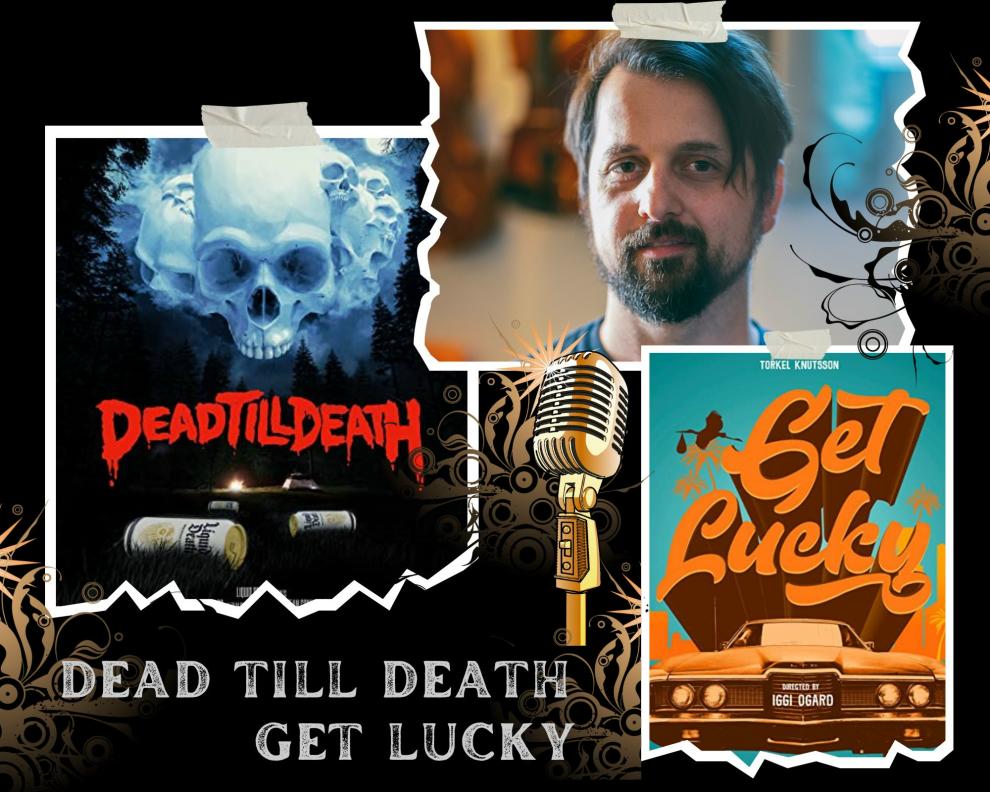
Check the links below to discover more about Ryan McTear and his music!
The Blacklight distributed by Porter + Craig Film and Media Distribution.
STREAM THE BLACKLIGHT TODAY ON AMAZON PRIME
THE BLACKLIGHT TRAILER
Attention bloggers and pod-casters, for follow up interviews with Ryan McTear contact Sharry Flaherty of Samera Entertainment at: SameraEntertainment@Gmail.com
An intriguing conversation with talented composer Ryan McTear!
Learn Singing, Piano and learn how to MAKE MONEY with your Music! Check these out!
Ad
Our latest articles!



